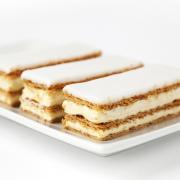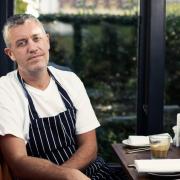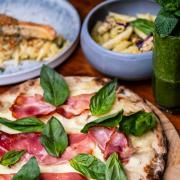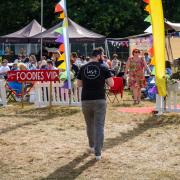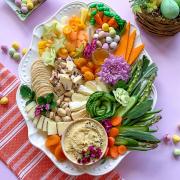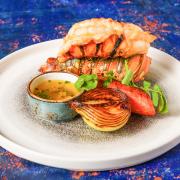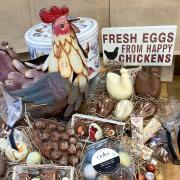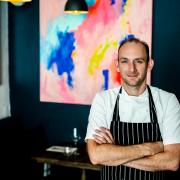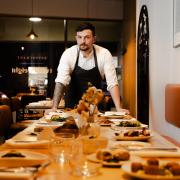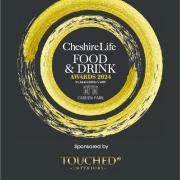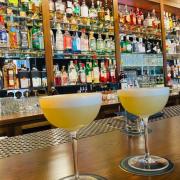What makes a good cheese? Cheshire Life finds out at the Nantwich International Cheese Show
ONE of the things I love most about cheese is its tradition and history, and the fact that someone has taken months and sometimes even years making it for me. To store it I need to keep it chilled and moist, and to eat it I need do nothing more than slowly bring it to room temperature, real convenience food.
Great cheese is complex and sophisticated. It should have a relatively high fat content, which begins to melt and coat your tongue as you eat it. If it's spectacularly good, when it melts the flavour should linger with a number of tastes bursting in your mouth. If the flavour stops half way down your tongue, the cheese is likely to be poor quality and has probably been over-chilled, made quickly and matured in plastic wrapping.
There are a number of different types of cheese, from soft to hard to blue, and it can be made from goat's, buffalo's, sheep's or cow's milk.
Although I am a devotee of blue runny cheese in the evening, I prefer a different type of cheese during the day in a sandwich or with some fruit. When this occasion arises I like to use Cheshire. It was said to have been Elizabeth I's favourite and it's probably England's oldest named cheese, mentioned in the Domesday Book of 1086. It was made even before then and legend has it that a Cheshire cheesemaker was put to death by the Romans for refusing to tell them how to make it.
A rich cow's milk cheese that is full bodied, sharp, and acidic-fresh, true Cheshire has a mildly salty flavour from salt deposits that permeate the local Cheshire soil. It's a semi-firm cheese with a silky, crumbly texture. Ripened on average between two to three months, it's relatively mild when young, and sharper when allowed to mature.
The best place in the North West to indulge your passion for cheese, is the renowned Cheese Pavilion at the Nantwich and South Cheshire Show.
Here the hotly contested awards from the Nantwich International Cheese Show are held, with hundreds of cheeses exhibited. A previous winner is the Bourne family, who have been making fine Cheshire cheese by hand since 1930. They use traditional 'hands on' techniques to produce cheeses which have also been awarded prizes at the World Cheese Awards.
Winners from last year include David Williams, makers of blended additive cheeses such as Bowland and Bradburys Wholenut; and Delamere Dairy, producers of goat's milk cheeses using pasteurised milk from welfare assured goat herds.



